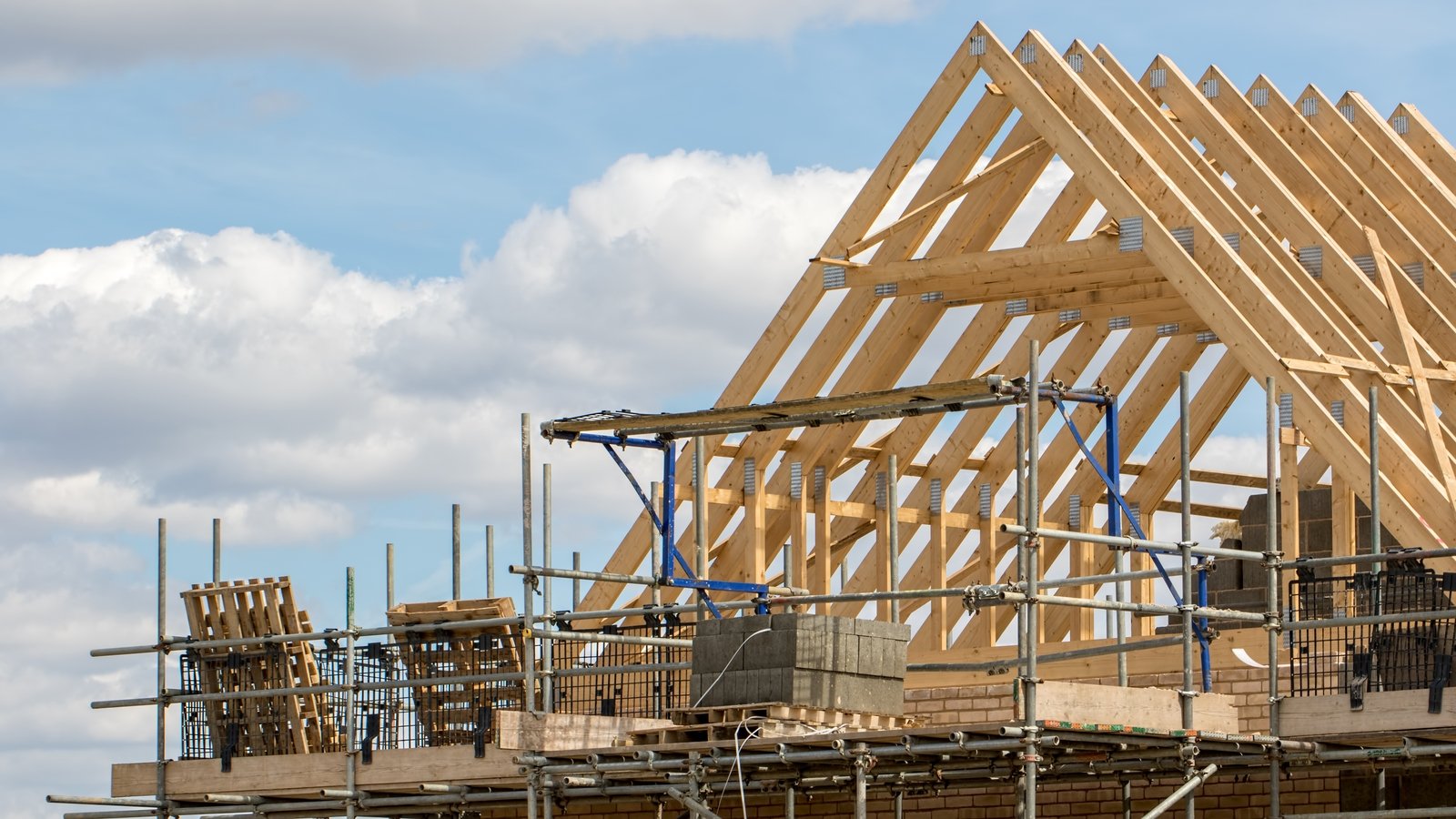Construction is a broad term meaning the science and art of assembling various systems, materials, or structures, and derives from Latin adhucia, “to assemble,” and late Latin, “to build.” To construct means the verb: to build, and the object is construction: how things are constructed, the nature of their composition. In modern parlance, construction usually refers to the designing, building, and assembling of buildings, homes, institutions, etc. A building is said to be in construction when it has met all the legal requirements for safety, construction of which is regulated by state law. Most construction is done on public property because it involves the use of force and violence. Some other examples of construction include the building of bridges, dams, space stations, airports, mines, etc., construction of the Internet and broadcasting stations, construction of ships, etc.

As one can gather from these examples, the construction is a necessary part of most human endeavors. However, construction is an activity that takes many forms. For example, some construction activities involve only the design and implementation of plans; others involve only the construction of physical infrastructure like buildings, tunnels, etc. A relatively small amount of construction output may be involved in generating electricity in nuclear submarines or generating energy for a nuclear power plant. Therefore, as a construction engineer, your job may be divided into different areas, depending on the complexity of the project you are working on.
One important aspect of being a good construction engineer is to know as much as possible about the construction technologies available in the market, so that you will be able to choose the most feasible and cost-effective methods. As with any technological advancement, knowledge is always a crucial factor in the matter. Therefore, construction tech trends become crucial because they help you make informed decisions that will ultimately contribute to the success of your construction endeavor. As you gain knowledge about new construction technology trends, you will also become well-informed about what technology is already out there and what methods are fast becoming outdated.
Technological change is indeed inevitable, so it is important that you keep up to date with all the changes and advancements in construction technology. An expert in the field of construction technology can provide you with information that you can use in your day-to-day operations to help you effectively manage your construction projects. An experienced construction technologist is capable of predicting the future of construction technology so that you can prepare yourself for the changes that lie ahead and manage it in a better manner.
There are many ways by which you can increase your knowledge on construction materials and technology. For example, you can attend seminars organized by construction companies, so that you will have a better understanding of how modern technology can be applied in your projects. You can also visit construction sites and talk to the crew leaders to get a better understanding of their work requirements. Your understanding of construction site safety should make you aware of the precautions that must be taken by the crew members in order to avoid accidents such as falling buildings, lack of ventilation, materials falling from the sky or any other serious mishaps.
There are many construction technologies that are being employed in the construction business today. Some of these include automatic machinery, welding technology, building site safety measures and GPS tracking systems among others. If you want to become part of this growing construction industry, then you have to master the different techniques that are used in its operation. A construction tech degree program, together with hands-on experience and a thorough understanding of the material handling techniques used in the construction business, is the right way to prepare for this kind of career.